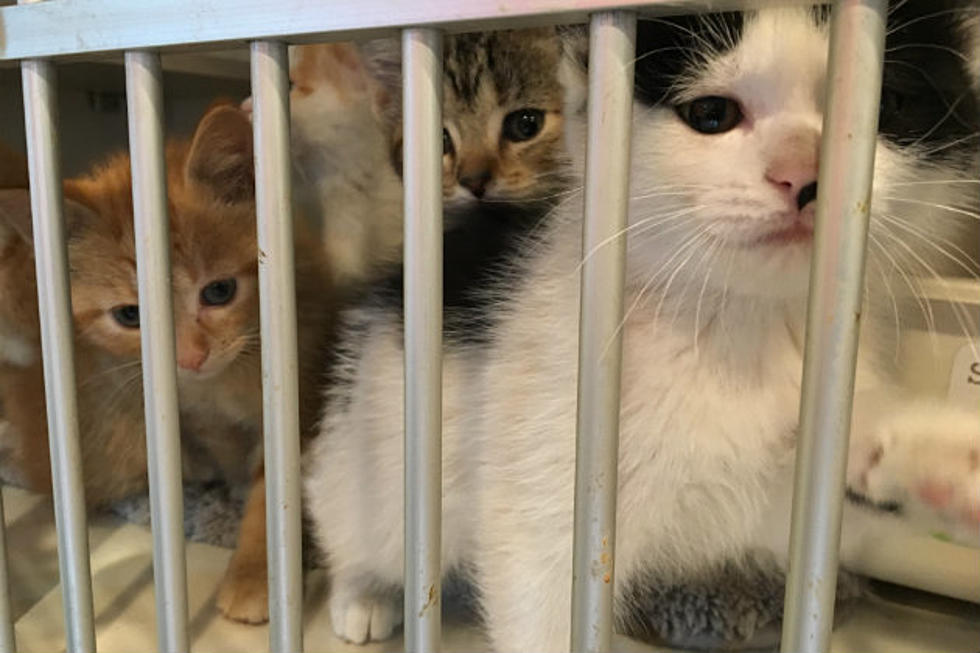
Concerned with Overdraft Fees in Minnesota? You May Want to Switch Banks
If you don't want an overdraft fee- don't spend more than you have. Simple, right? This sounds like an easy solution. But sometimes mistakes happen. Especially if you have automatic fees or payments that come out of your account and you simply forgot about it. Or it's something that comes out once a year. Bottom line- mistakes happen. And if it does, and you wind up with insufficient funds in your account you wind up with an overdraft fee. And those can be fairly hefty.
Where I bank I think the fee for an overdraft is about $35 per incident. On top of that, they will generally take the largest amount out first, instead of by check number. If that happens, and you are running a bit close to the edge, you could wind up with several overdraft charges instead of just one. It's a money maker for the bank- in a giant way in some cases.

Capital One bank has done away with all of the overdraft fees. After that announcement, Bank of America has reduced its overdraft fee to just $10 per incident.
This can make a bank billions of dollars. Yes, billions. That almost seems like it should be illegal. But as a consumer, you did make the mistake, and they do tell you up front what the fee will be if this happens so, ya know. But it seems like it should be illegal. It's excessive. Especially if it rarely happens. If you make a habit of overdrawing your account, then I can see the penalty happening.
Hopefully other banks will be following in the footsteps of Capital One and Bank of America, we will see.
See Inside an Abandoned Church for Sale in Long Prairie
The 25 Best Movies Starring Minnesotans


